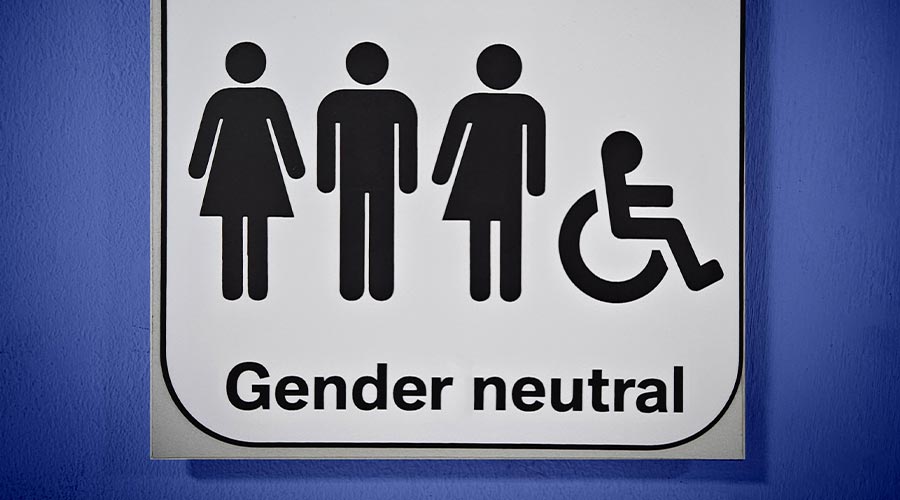
Earlier this year, an executive order defined sex as solely male or female, consequently calling gender-neutral restrooms into question, according to SHRM. While laws and restrictions vary from state to state, private facilities continue to navigate a complex landscape.
The order exclusively applies to federal agencies, mandating that they regard sex and enforce any sex-based rights in a strictly binary fashion. Federal facilities, then, must separate spaces such as restrooms and locker rooms based on one’s sex assigned at birth. Private employers have more flexibility.
Private facilities should align with local and state regulations, some of which may conflict with federal guidelines. Regardless of how organizations decide to classify sex and restroom usage, they cannot discriminate based on gender identity.
Many states still enforce inclusive restrooms with laws that require single stall restrooms to be gender-neutral. These have historically offered safety and privacy for all employees, especially those that identify as LGBTQ+. Transgender and non-binary individuals, in particular, report feeling unsafe or uncomfortable with binary restrooms and having to refer to their sex assigned at birth.
Schools and universities are experiencing pressure from all sides. Some students are calling for inclusive, accessible restrooms across campuses to protect LGBTQ+ youth, including Marquette University, according to Marquette Wire. Others, in addition to their parents, feel uncomfortable using gender-neutral options.
Some districts have clashed with the government. Denver Public Schools and the U.S. Department of Education is in limbo over a gender-neutral restroom in one of its high schools, reports CBS News. After East High School pledged to maintain gender-inclusive facilities, the Department of Education threatened unspecified enforcement action.

 Celebrating BSCAI's 60th Anniversary eBook
Celebrating BSCAI's 60th Anniversary eBook The Down and Dirty on Cleaning in Virus Season
The Down and Dirty on Cleaning in Virus Season How Surfactant Use is Expanding in Commercial Cleaning
How Surfactant Use is Expanding in Commercial Cleaning